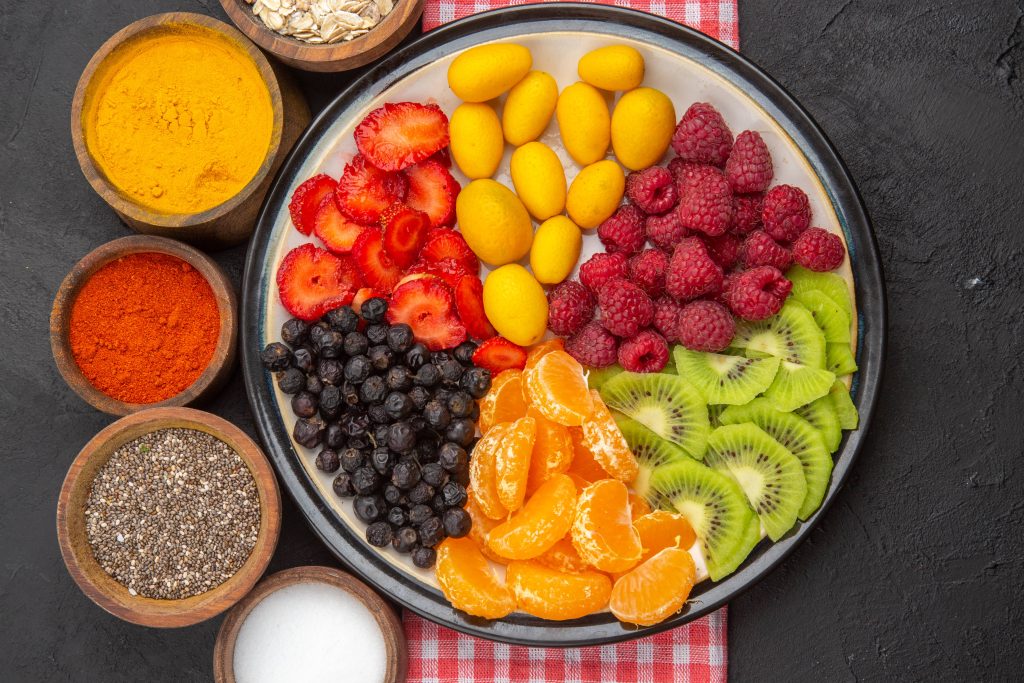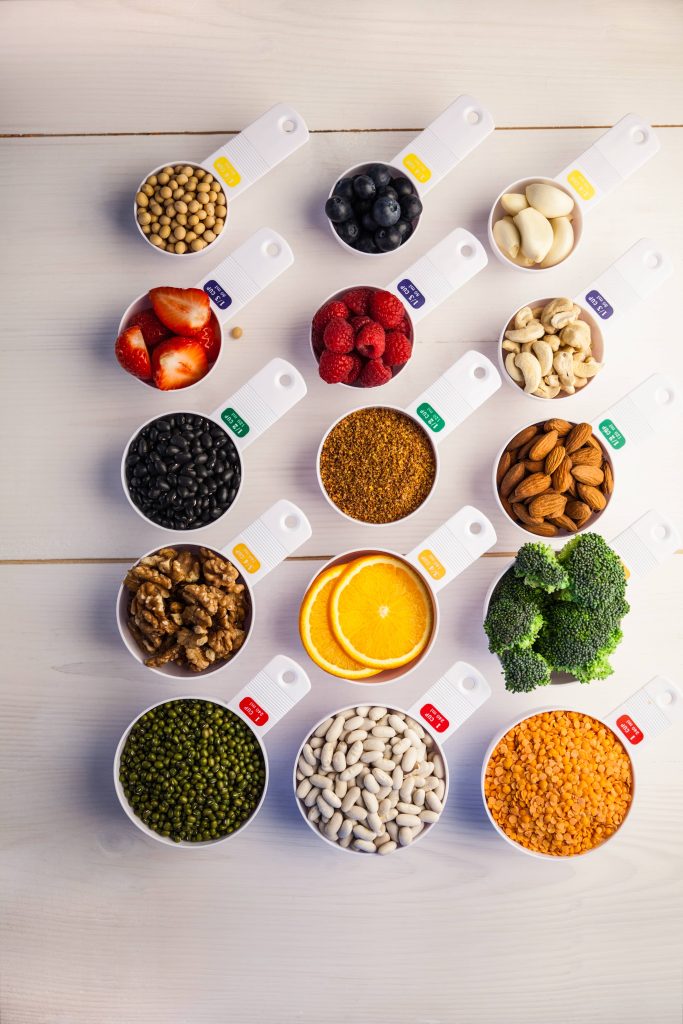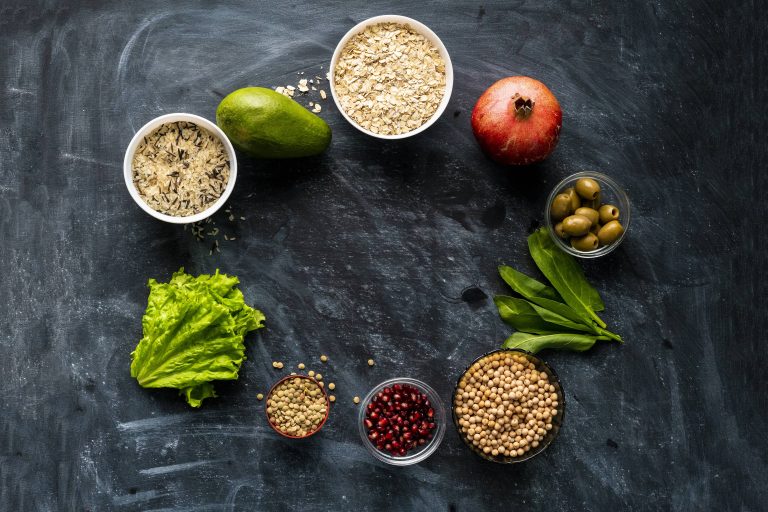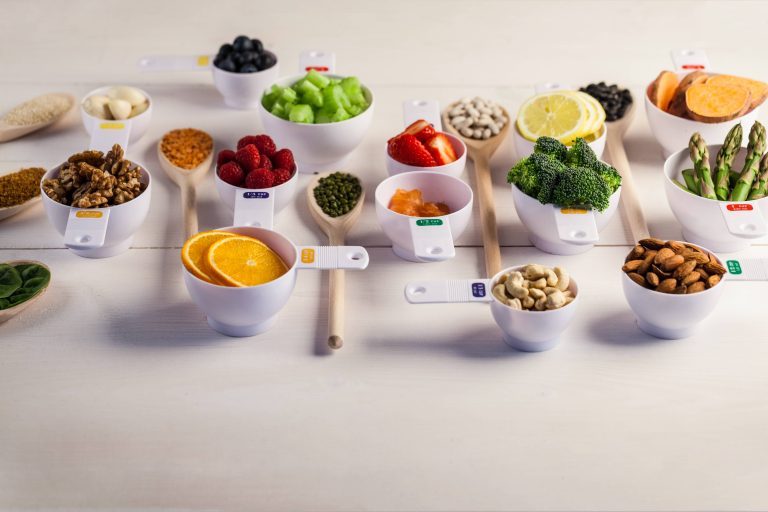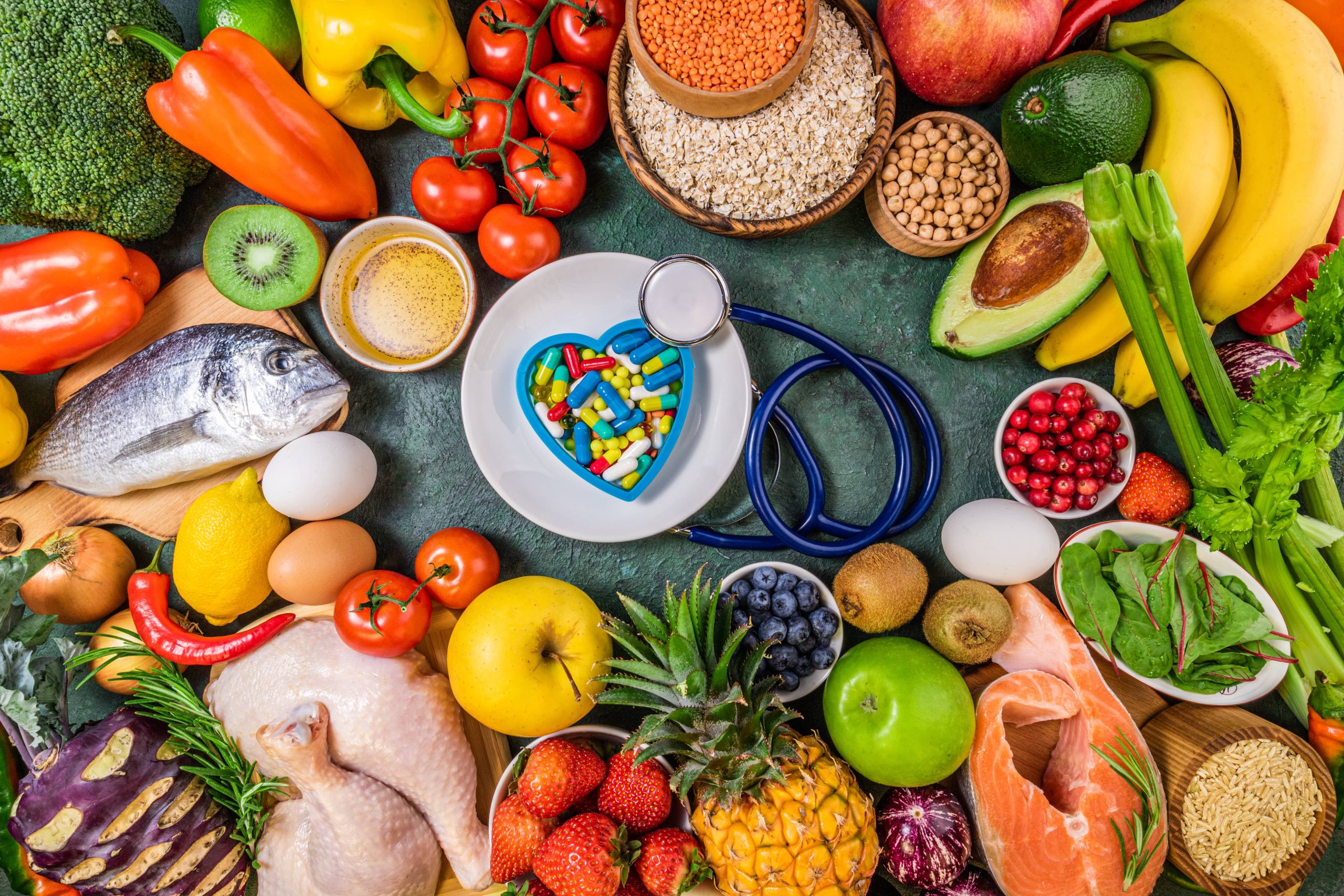
Feeding toddlers can often feel like a daunting task for parents. As tiny humans who are rapidly growing and developing, toddlers have unique nutritional needs that require careful attention and planning. However, with the right guidance and a clear understanding of dietary requirements, you can ensure that your little one receives all the necessary nutrients for robust growth and development. In this blog post, we’ll explore practical tips and the essential components of a balanced diet for toddlers.
The Importance of a Balanced Diet for Toddlers
During the ages of 1 to 3 years, toddlers experience rapid growth and significant development in cognitive, motor, and social skills. Nutrition plays a critical role in these developmental stages. A balanced diet provides energy, supports brain development, strengthens the immune system, and promotes overall health. Malnutrition or a lack of essential nutrients during this critical period can lead to long-term health and developmental issues.
Core Components of a Balanced Diet
Here are the key elements to consider when planning your toddler’s diet:
1. Fruits and Vegetables: These are vital for providing vitamins, minerals, and fiber. Encourage your toddler to consume a variety of colorful fruits and vegetables to ensure they receive a wide range of nutrients. Aim for about five servings per day. Pureed, mashed, or softly cooked options can make vegetables and fruits more appealing and easier to digest for toddlers.
2. Proteins: Proteins are essential for growth and repair in the body. Incorporate lean meat, poultry, fish, eggs, and plant-based proteins such as beans, lentils, and tofu into your toddler’s meals. Serve small portions and ensure that the food is prepared in a toddler-friendly manner, such as shredded, minced, or cut into small pieces.
3. Whole Grains: Whole grains are an excellent source of carbohydrates and fiber. Foods like whole grain bread, brown rice, oatmeal, and whole wheat pasta provide energy and promote digestive health. Focus on including a grain in each meal, as it will help sustain your toddler’s energy levels throughout the day.
4. Dairy: Dairy products are crucial for bone development due to their high calcium and vitamin D content. Incorporate milk, cheese, and yogurt into your toddler’s diet. Aim for about two to three servings of dairy each day. For lactose-intolerant children, consider fortified plant-based milk alternatives like almond or soy milk.
5. Fats: Healthy fats are vital for brain development and overall growth. Include sources of healthy fats such as avocados, nut butters, olive oil, and fatty fish like salmon and mackerel. Be cautious with portion sizes since fats are calorie-dense, and too much can lead to unhealthy weight gain.
Practical Feeding Tips
1. Create a Routine: Establish a consistent eating schedule with three meals and two to three snacks per day. A routine helps regulate your toddler’s appetite and ensures they receive balanced nutrition throughout the day.
2. Be Patient with Picky Eaters: It’s normal for toddlers to be selective with their food. Introduce new foods gradually, and offer them multiple times over several days or weeks. Patience and consistency are key as it can take time for toddlers to accept unfamiliar foods.
3. Make Meals Interesting: Toddlers are more likely to eat meals that are fun and visually appealing. Use a variety of colors and shapes to make the dishes attractive. Additionally, involve your toddler in meal preparation. This can increase their interest in trying new foods.
4. Limit Sugary and Processed Foods: Foods high in added sugars and processed snacks should be given sparingly. Opt for natural sweeteners like fruits to satisfy your toddler’s sweet cravings and avoid offering sugary drinks; water and milk are the best choices for hydration.
5. Set a Good Example: Children often mimic their parents’ behaviors. Show them the importance of healthy eating by consuming a balanced diet yourself. Make family mealtime a regular practice, where everyone shares healthy food choices.
6. Ensure Food Safety: Since toddlers are at a high risk of choking, provide foods that are cut into small, manageable pieces, and supervise them during mealtime. Teach them to chew thoroughly and enjoy their food slowly.
Catering to Special Dietary Needs
Some toddlers may have special dietary needs due to allergies, intolerances, or other health conditions. It is important to consult with a healthcare professional or a registered dietitian to tailor a diet that meets their unique nutritional requirements. If your toddler is vegetarian or vegan, ensure they receive adequate protein, iron, vitamin B12, and omega-3 fatty acids through fortified foods and supplements if necessary.
Final Thoughts
Feeding toddlers a balanced diet can be both challenging and rewarding. By understanding and focusing on the key nutritional components, establishing healthy eating habits, and addressing any special dietary needs, you can set the foundation for your child’s long-term health and well-being. Remember, each toddler is unique, and what works for one child may not work for another, so it’s important to be patient and flexible as you navigate through this crucial developmental stage.
With the right approach and persistence, you can help your toddler develop a positive relationship with food and ensure they receive the nutrients necessary to thrive.

